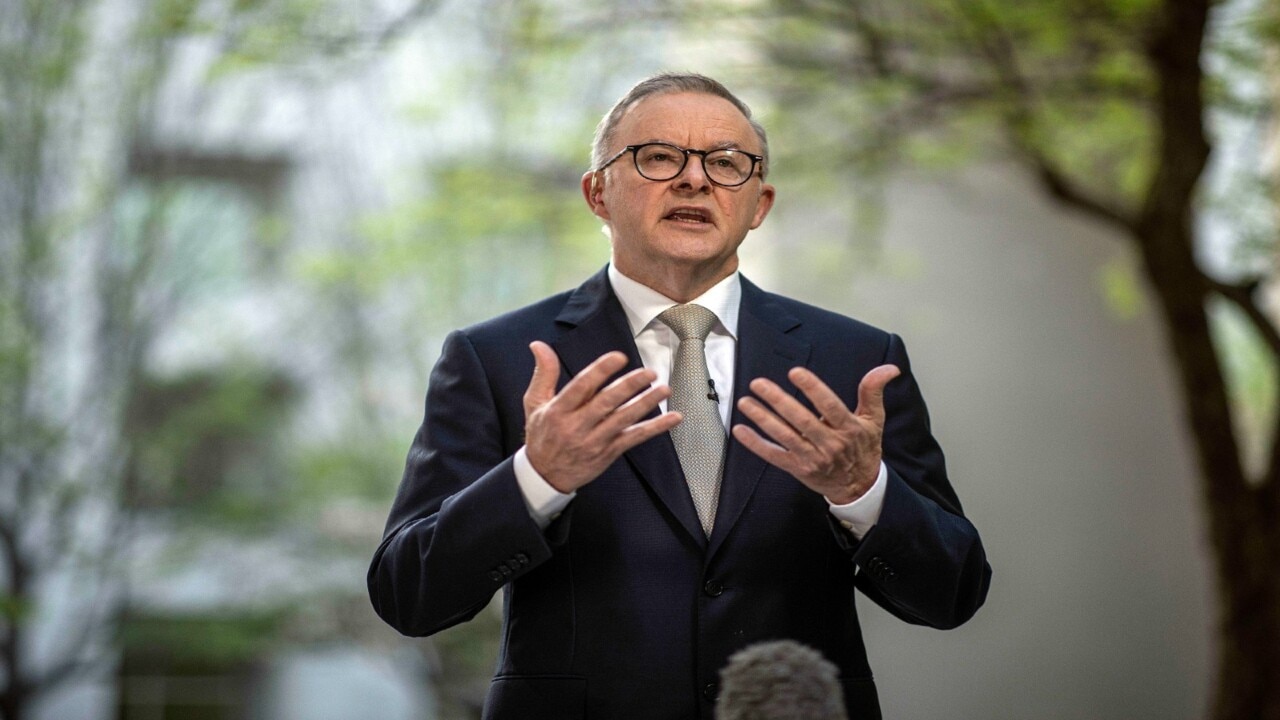Biosecurity fees to rise in bid to recover costs
The federal Department of Agriculture — which is running at a major loss — has proposed increases to its biosecurity fees for the first time since 2015.

The federal Department of Agriculture is planning to increase its biosecurity fees and charges, stating its current funding arrangements are “unsustainable”.
The department, which is running at a major loss, this week opened consultation on its biosecurity cost-recovery charges, which have remained static since 2015.
Since then, there has been an overall increase of almost 20 per cent in biosecurity activities.
Under the proposed changes, importing a container of rice will increase from $188 to $224, importing cats from $5100 to $6652, and horses from $155,070 to $204,455.
In the 2015–16 financial year the total cost of biosecurity cost recovery was $226 million. It is forecast to be $348.8 million in 2023-24, or a 53 per cent increase.

“Both the Australian and global economy have changed significantly (since the review), and Australia’s biosecurity system has become more complex. These changes have placed pressure on the department’s resources and ability to continue to deliver biosecurity activities efficiently,” the paper said.
“For the last eight years a large proportion of our revenue has remained fixed, while our costs and effort have continued to increase.”
The former Coalition government last attempted to increase biosecurity shipping charges in 2017, when a new charge was estimated to bring in more than $300 million. The plan was scrapped however, after intense shipping industry opposition.
Multiple factors were listed as having placed pressure on departmental resources, including increasing global trade with cargo container volume increasing from 50 million in 2018-19 to more than 80 million this financial year.
Increasing extreme weather is also assisting the mobility of exotic weeds, hitchhiker pests and diseases.
White spot disease, Japanese encephalitis, varroa mite and avian influenza have all been detected in the country in recent years, while authorities are on high alert for cases of foot-and-mouth and lumpy skin disease also in the region.
The department said inflation on wages, suppliers, property and utility costs, along with increases in staff, high attrition rates, training new staff and tight labour markets had also drained resources.
The changes are currently open to public comment and require legislative amendments. They are scheduled to take effect from 1 July.
The department also plans to begin indexing some costs annually.
Shipping costs would also increase under the proposed charges, with the cost to inspect a commercial vessel arriving to load increasing from $1564 to $1986, with arrival charges for commercial vessels increasing from $1054 to $1354.

Freight and Trade Alliance director Paul Zalai said sustainable funding and investment “are clearly required to strengthen biosecurity measures”.
He supports the department’s proposed expansion of approved arrangements with industry that aims to quicken clearance time and reduce supervision and costs.
“Merit is seen in a differentiated model whereby importers who can mitigate in part or in whole the biosecurity risk would attract a lower level of cost recovery,” he said.
The Weekly Times reported earlier this month that the department had entered into 317 new consultancy contracts worth almost $60 million in the 12 months to June 30 last year, mostly with major firm Pricewaterhouse Coopers.
When added to its 160 ongoing contracts, the department’s consultancy bill for the year jumped $36.5 million, to a total of $87.5 million.
The consultation paper revealed the spike was largely caused by “challenges” from the government’s cap on the number of full time equivalent public servants able to be employed.
“Contractors have been used in the past to fulfil roles on both the frontline and in back-office support, however, we are slowing bringing more of these people into our FTE cap,” it said.




